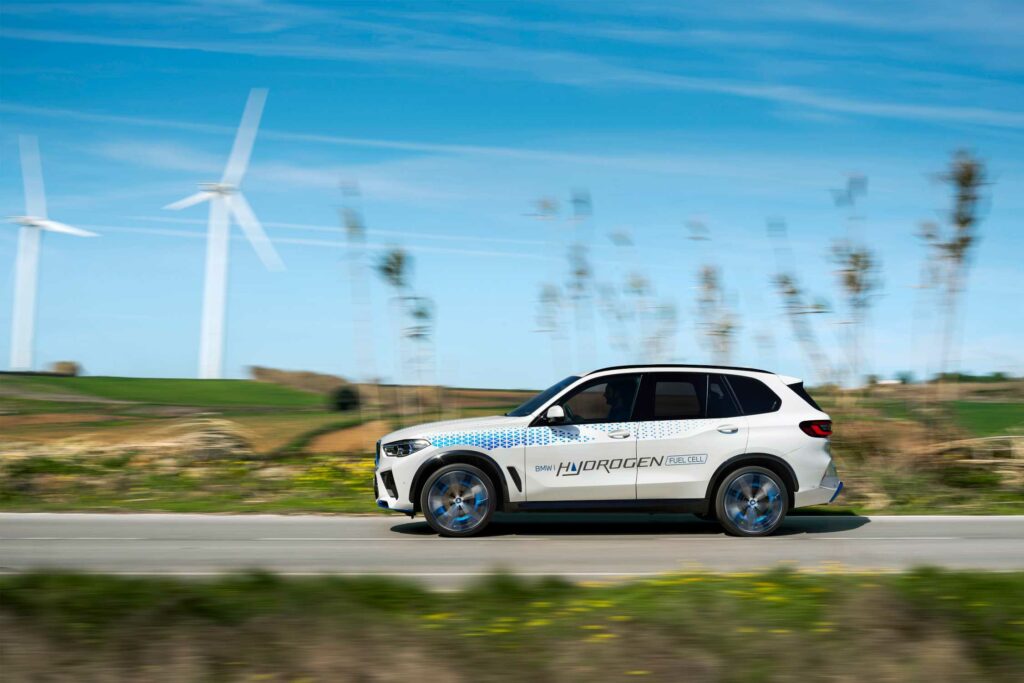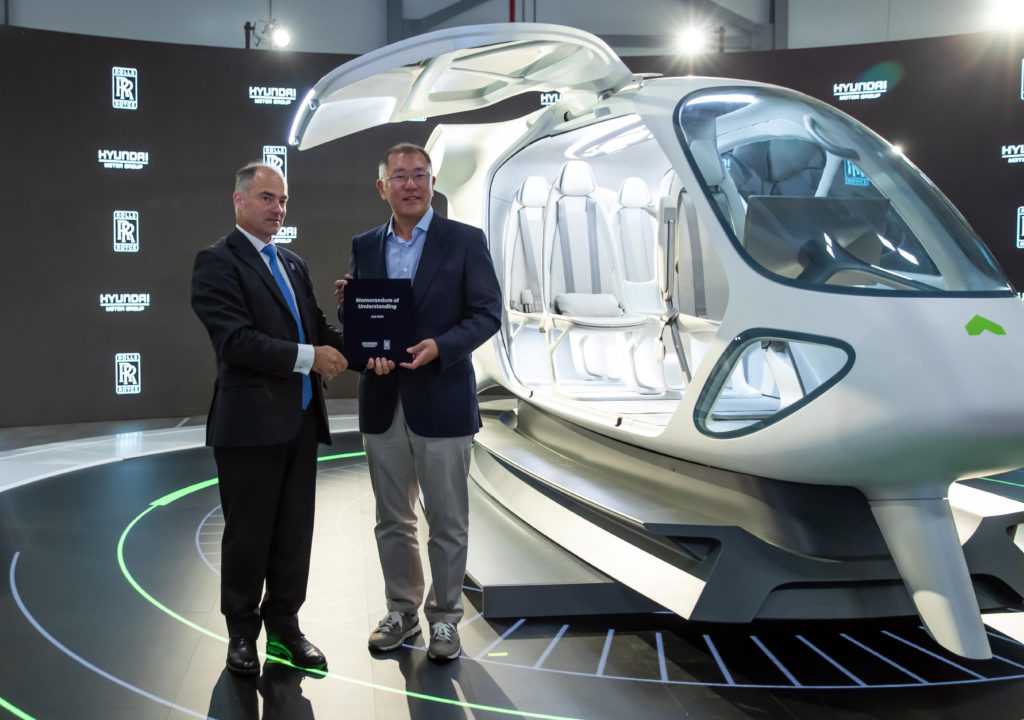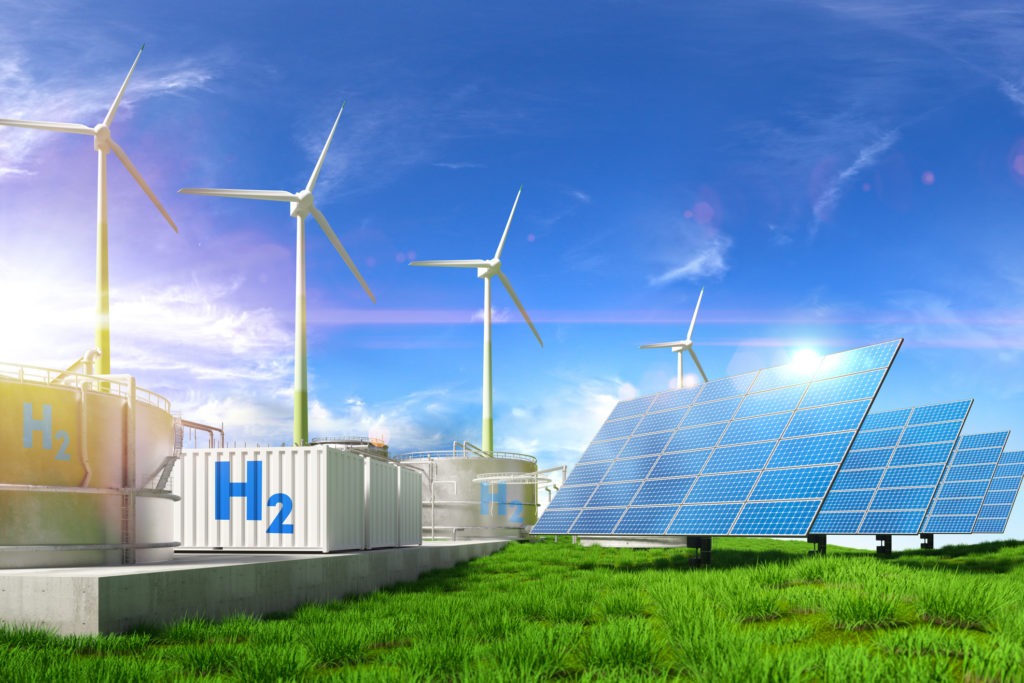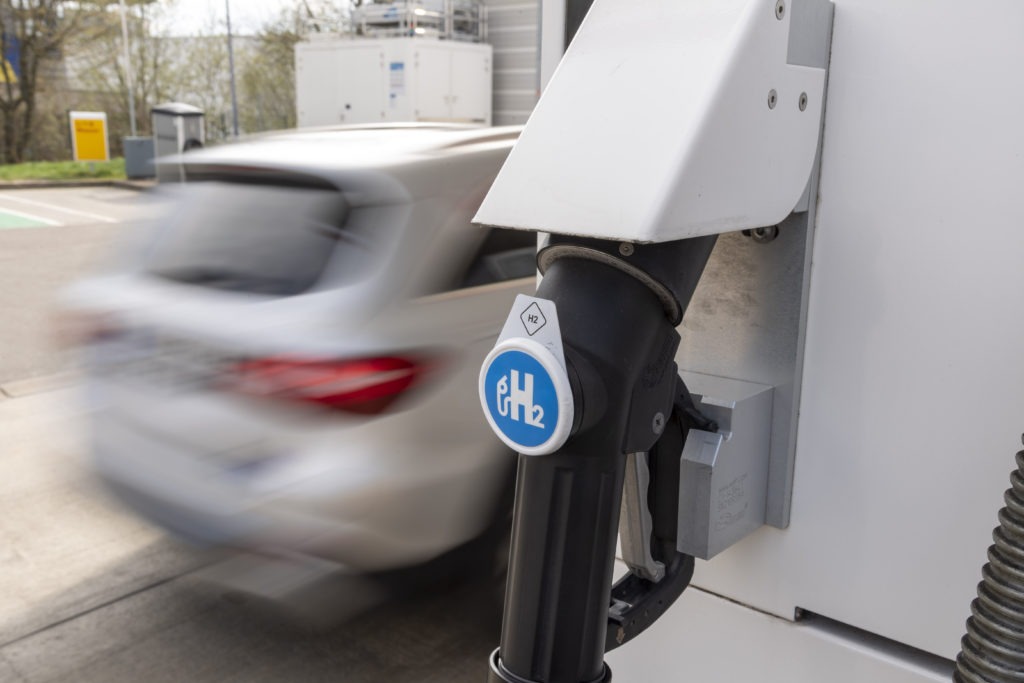Hydrogen hype continues as UK government funds major Toyota project
08 December 2022

Many consider electric vehicles (EVs) the future of mobility, but automotive players are also betting on renewable fuels such as green hydrogen. Among the main proponents of fuel-cell technology is Toyota, which has joined Honda and Hyundai in producing a handful of hydrogen fuel-cell vehicles (FCEVs).
Known for its Mirai hydrogen model, Toyota wants to bring more FCEVs to the market, targeting the commercial sector next. As part of this move, the Japanese company recently secured major funding from the UK government to build a new range of hydrogen-powered pickup trucks, landing an £11.3 million (€13.2 million) deal.
This has paved the way for Toyota Motor Manufacturing UK to lead a consortium to build a fuel-cell-powered version of its Hilux pickup truck, which first debuted in 1968. It has partnered with Ricardo, ETL, D2H, and Thatcham Research to develop the hydrogen model at its plant in Burnaston, England. Manufacturing will start in 2023, with the company aiming for small-series production.
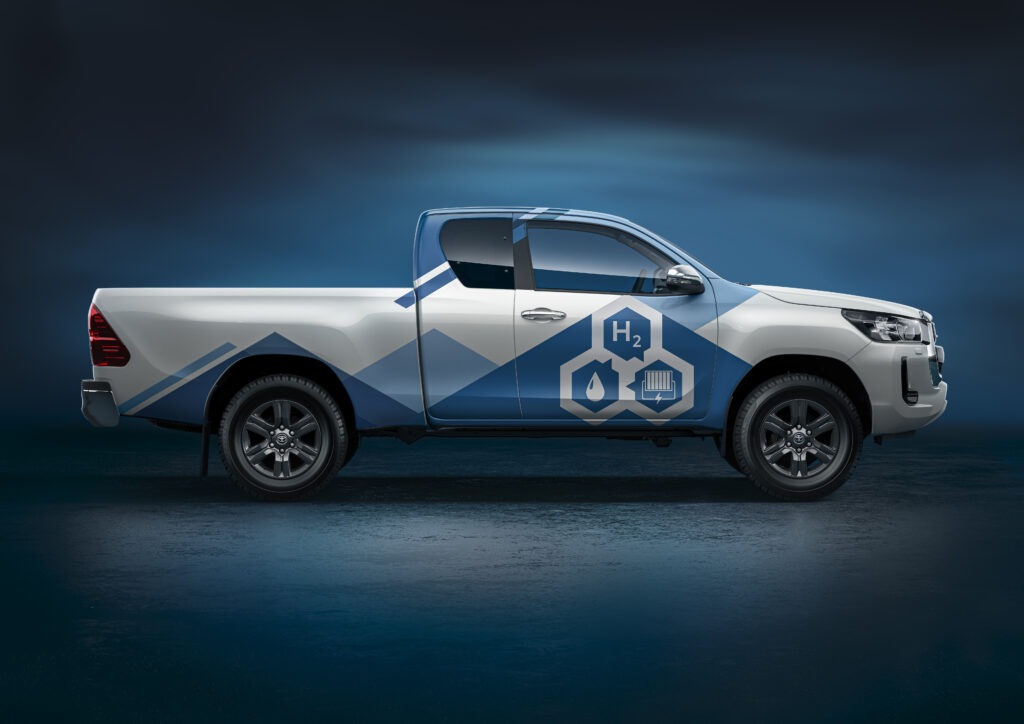
Additional opportunities
Many automotive manufacturers view fuel-cell technology as an additional opportunity to decarbonise transportation. Hydrogen vehicles only emit water and warm air, producing no tailpipe emissions. Green hydrogen is produced using renewable electricity to split water into hydrogen and oxygen. In the fuel cell, hydrogen then recombines with oxygen from the air to produce heat, power, and water.
Because almost no CO2 emissions are produced during the production phase, green hydrogen is deemed the most sustainable variant of the fuel. However, grey hydrogen is currently the most widely used and is not considered a long-term solution due to its environmentally damaging properties. For advocates of fuel cells, the technology proves to be advantageous – even when compared to battery-electric vehicles (BEVs).
‘A hydrogen fuel cell will always be able to generate electricity, as long as it is fed with hydrogen, no matter how hard the fuel cell is used. In this respect, it is more similar to a traditional engine, run on petrol or diesel, as that engine will have the same performance in the future as it does now,’ Darren Davies, founder and CEO of engineering company D2H, told Autovista24.
‘A battery, on the other hand, will degrade over time depending on how hard it is used, and so battery replacement and recycling is always an issue to be considered in the long-term use of batteries.’
Davies added that the biggest potential advantages of hydrogen over EV batteries is the possibility for greater energy density and faster fuelling, both of which limit the use of batteries in high-power situations – as is the case for commercial vehicles – or weight-sensitive sectors.
‘First of its kind’
Working with Toyota on the Hilux project, D2H will use its expertise in simulation, aerodynamics, and thermodynamics. The UK government said that the hydrogen-powered Hilux was ideal for use in isolated settings where EV charging is impractical.
‘The UK is one of the key markets for pick-up trucks and is an important market for Toyota. This funding represents a tremendous opportunity to develop a zero-emission solution in a critical market segment,’ said Matt Harrison, president and CEO of Toyota Motor Europe.
In a promotional video, Toyota noted that the Hilux would be the first of its kind in the pickup segment, with the project expected to run for two years. Toyota has a keen interest in fuel-cell technology, believing that Europe shows massive potential for growth. In 2020, it even established a dedicated Fuel Cell Business Group to bundle its European hydrogen activities.
Hydrogen strategy
Funding for Toyota’s latest UK project was made available through the Advanced Propulsion Centre (APC), which announced four other deals at the start of the month. These are all aimed at supporting ‘clean’ transportation technology, with the hope of boosting the UK’s automotive sector by expanding the supply chain and creating jobs.
The country aims to ban the sale of new diesel and petrol cars and vans by 2030, and the government is investing heavily in technologies to decarbonise mobility. The UK Hydrogen Strategy, for instance, sets out plans to develop 10GW of hydrogen production capacity by 2030.
The UK is already home to hydrogen production, supply, and storage industries. Other schemes also recently received APC funding. Glasgow-based startup Hydrogen Vehicle Systems (HVS), which has been active since 2017, plans to bring a hydrogen fuel-cell-powered heavy-goods vehicle (HGV) to the market.

The company secured £15 million in APC funding to develop the HGV cab and tractor unit. The goal is to help replace polluting diesel-powered vehicles currently used to transport road freight. ‘Supporting vital research and development in the UK, now more than ever, provides an opportunity to invest in transport decarbonisation as well as boost growth in the automotive sector,’ said Ian Constance, APC chief executive.
‘Our mission to decarbonise heavy-duty transport in the UK has reached a major milestone with the help of the APC grant,’ said HVS CEO, Jawad Khursheed. ‘We have successfully produced our first driving fuel-cell technology demonstrator vehicle and are on track to deliver the UK’s first-to-market hydrogen fuel-cell-powered HGV.’
The UK government aims to ban sales of new non-zero emission HGVs by 2040, and Khursheed added that the company has experienced rapid growth since its launch. He believes that the technology has the potential to play a vital role in supporting emission-reduction targets.
Broader outlook
While this could be true for the heavy-transport sector, fuel-cell technology has struggled to take off in the passenger-car market. As a gas, hydrogen is difficult to handle, and many still consider EV batteries to be superior to fuel cells. The small number of hydrogen fuel stations and relatively high technology costs make a large-volume market launch, particularly for passenger cars, less appealing.
But others argue that hydrogen remains a versatile energy source, with premium carmaker BMW kicking off small-series production of its iX5 Hydrogen model in Germany.
‘We are certain that hydrogen is set to gain significantly in importance for individual mobility and therefore consider a mixture of battery and fuel-cell electric-drive systems to be a sensible approach in the long term,’ commented Frank Weber, member of the board of management of BMW responsible for development.
Similarly, Davies believes that fuel-cell technology is developing quickly, and as production scales up, costs will reduce. ‘The use of hydrogen for passenger cars in the future will likely be determined by the availability of the fuelling infrastructure,’ he said. Davies also acknowledged a general complaint about hydrogen production harming the environment, based on a process of cracking methane gas.
‘However, as production scales, it is almost certain that a significant proportion of the scaling will be from electrolysis-based production, cracking water, in which case hydrogen will be as green as the electricity used to create it, exactly the same situation as battery electricity. It can only be a good thing to have diverse green energy-storage technologies available,’ Davies added.
